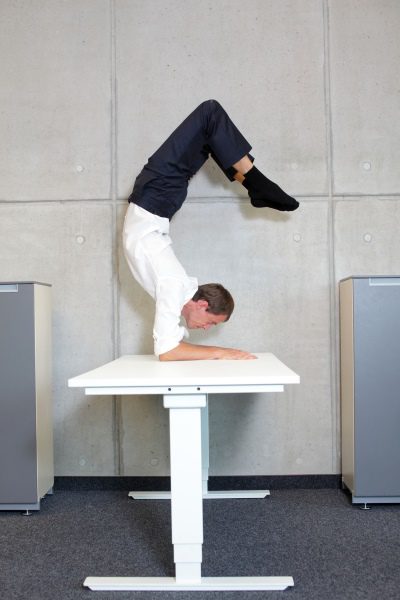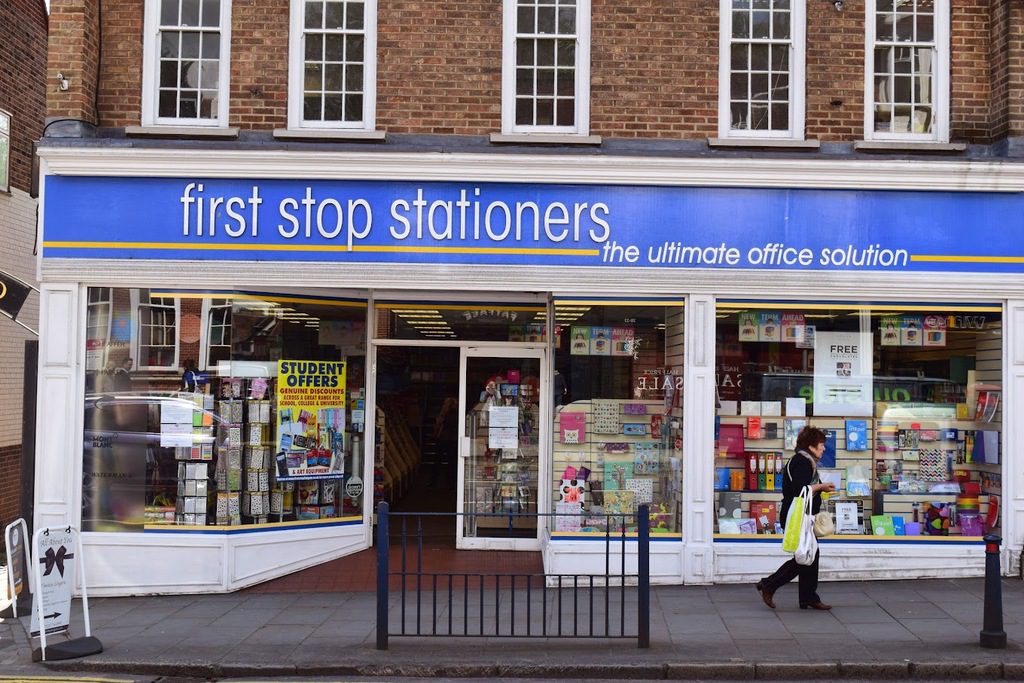Is flexible office space the new frontier in Hertford?
19 Apr 2017

The office landscape has changed radically over the past few years, thanks to improvements in technology. Flexible working has been introduced by some companies. The Cloud now enables anyone with a laptop to work from almost anywhere, so many are now working wherever it suits them best, rather than being tethered to one office.
There has also been a fundamental shift in business recently, with more and more people starting their own companies – according to the latest figures from the Office of National Statistics, in 2015 there were 4.6 million self-employed people in the UK.
In addition to these changes, many people have become fed up with long commutes and would prefer to work nearer to home in Hertford, Hertfordshire. These days, they no longer have to change their jobs in order to do so and, as a consequence, large companies are realising not only the business benefits but also the cost benefits of allowing employees to work remotely.
There has therefore been an increase in the number of flexible office space to meet the new demand. In the UK, there was an 11% growth in the provision of flexible office space in 2015/16 and there are now around 3,000 such co-working spaces in the country.
Whilst they have become popular with many freelancers, self-employed people and remote workers, flexible office spaces may not be for you. Which is why we’ve put together a quick guide comparing such space against more traditional places to work.
Flexible office space vs home working
Many people find it difficult to work at home. Their biggest headache is motivation – there are far too many distractions, as you’ll probably be on your own, it’s all too easy to wander off and find other things to do. In a flexible office space, you’ll be in a professional atmosphere with other people working around you, and most people find this a much greater incentive to knuckle down. In fact, surveys suggest that productivity rises by a massive 75%, with an average 38% rise in income when people swap from home working to working in flexible office spaces.
Another risk of working from home is that the boundaries between your work life and home life become blurred. The danger is that when you’re supposed to be relaxing with the family in the evenings and at weekends, you’ll be sneaking off to the office just to finish that proposal or catch up with the accounts. In the long run, this isn’t a productive use of your time, and could interfere with your family life. With a separate work space, you can close the door between work and home which will help you make the most of both.
At home, WiFi speeds are often an issue – especially in rural areas. Flexible office spaces provide high speed connections because their core business is reliant on having the best and fastest connections.
Flexible office space vs working from cafés in Hertford
Working in cafés has become very popular in recent years. Go into any chain coffee shop in Hertford during the day and you’ll probably see a few people on the comfy sofas hunched over their laptops whilst half a cup of cold coffee lies on the table beside them.
Whilst cafés can be nice, lively places to be and are great for watching the world go by when you need to take a screen break, they do come with the proviso that you have to buy a drink every now and then, even if you don’t want one, in order to ‘rent’ your space. Flexible office spaces always have a never-ending supply of tea and coffee so you can have as much or as little as you like, without the worry that you might be asked to leave if you don’t spend money on drinks you don’t want.
The other problem with working in a café is security. You’re in a public space where people come and go all the time. Do you know who’s looking over your shoulder when you’re working on confidential documents? And what do you do with your laptop and all the bits and pieces you’ve spread out in front of you when you need to go to the loo? The advantage of co-working office spaces is that they’re only open to members, most of whom you’ll get to know well. This means you can safely leave your stuff on your desk whenever you need a break, safe in the knowledge it’ll still be there when you return.
Flexible office space vs renting your own office
If you’re thinking about renting your own office, it basically comes down to the bottom line – cost. Renting an office can be an expensive business. On top of the rent, you need to factor in the rates and utilities, as well as decoration and upgrading, fixtures and fittings. If you’ve got an eye on future expansion, you may end up renting a larger office space than you need right now in order to have everything in place when things take off.
By renting desk or office space in a co-working office, all you’ll be paying for is the fixed monthly rent for the desk space you’ll be using, and your phone bills. Somebody else will take care of the rest, meaning you can devote all your time and resources on your business.
What a weight off your shoulders!
If you’re looking for flexible office space in Hertford, contact us to arrange a visit and a FREE one day pass to the UOE Hub.






